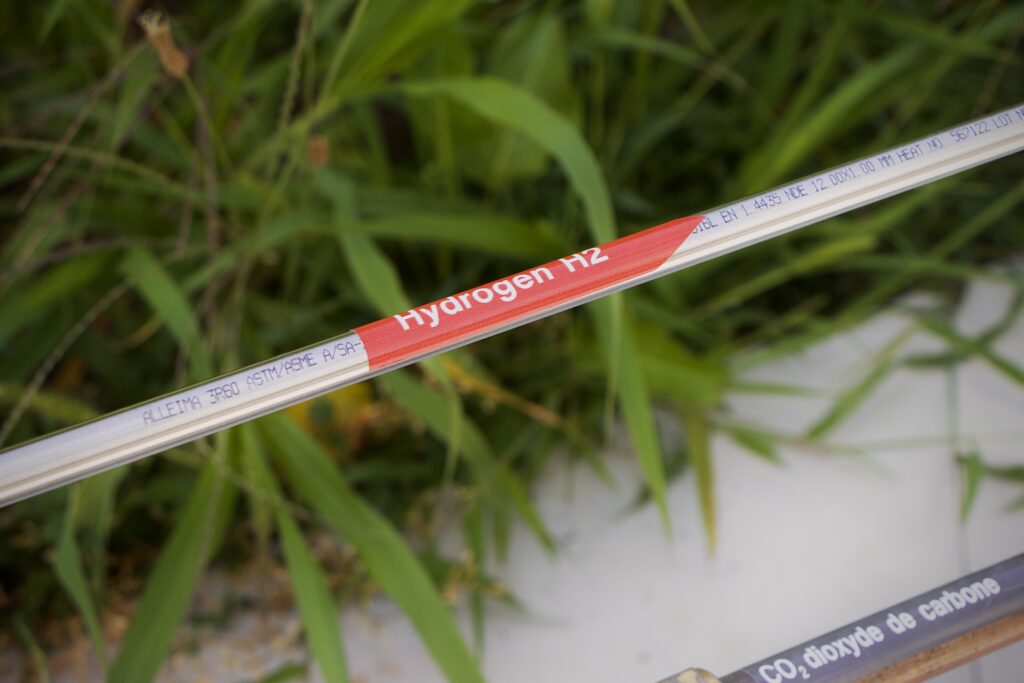How does hydrogen as a fuel compare to conventional fuels like gasoline, diesel, and propane? Clearly, hydrogen offers significant safety and environmental advantages over these traditional fuels.
Advantages of hydrogen fuel #
- Environmental harmlessness: Hydrogen is environmentally benign. Unlike many conventional fuels, it is not toxic or contains harmful additives such as methyl tertiary-butyl ether (MTBE), Methylcyclopentadienyl manganese tricarbonyl (MMT), or 2,6-Di-tert-butyl phenol.
- Clean combustion: When hydrogen combusts, it emits only water vapor. Conventional fuels typically release harmful pollutants like carbon monoxide, sulfur oxides (SOx), and aldehydes, contributing to air pollution and health issues.
- Non-toxic leaks: Hydrogen leaks do not contaminate the environment or pose a threat to human and animal life. In contrast, spills of conventional fuels can cause significant environmental damage and health hazards.
- Lighter-than-air property: Hydrogen, being lighter than air, quickly dissipates upwards in the event of a leak. This reduces the risk of ground-level fires or explosions. Conversely, gasoline, diesel vapors, and propane are heavier than air, increasing the likelihood of accumulation at ground level and consequently, a higher risk of fires or explosions.

Gaseous fuels #
It is emphasiszed at this point that, in general, gaseous fuels offer several advantages over liquid fuels. They are generally cleaner, burning more efficiently with fewer harmful emissions such as carbon monoxide and sulfur oxides. In case of leaks, gaseous fuels like hydrogen dissipate quickly into the air. This reduces the risk of ground-level fires or contamination. Additionally, gaseous fuels do not require complex storage systems like those needed for liquid fuels, making them safer and more environmentally friendly. Therefore, also synthetic methane produced with hydrogen can and should be a vital part of the future energy system.
GRZ’s hydrogen technology allows for the safe and efficient storage and processing of hydrogen and so supports the continued buildup of a hydrogen-based energy system. It’s time to invest into hydrogen fuel, the fuel of the future.





